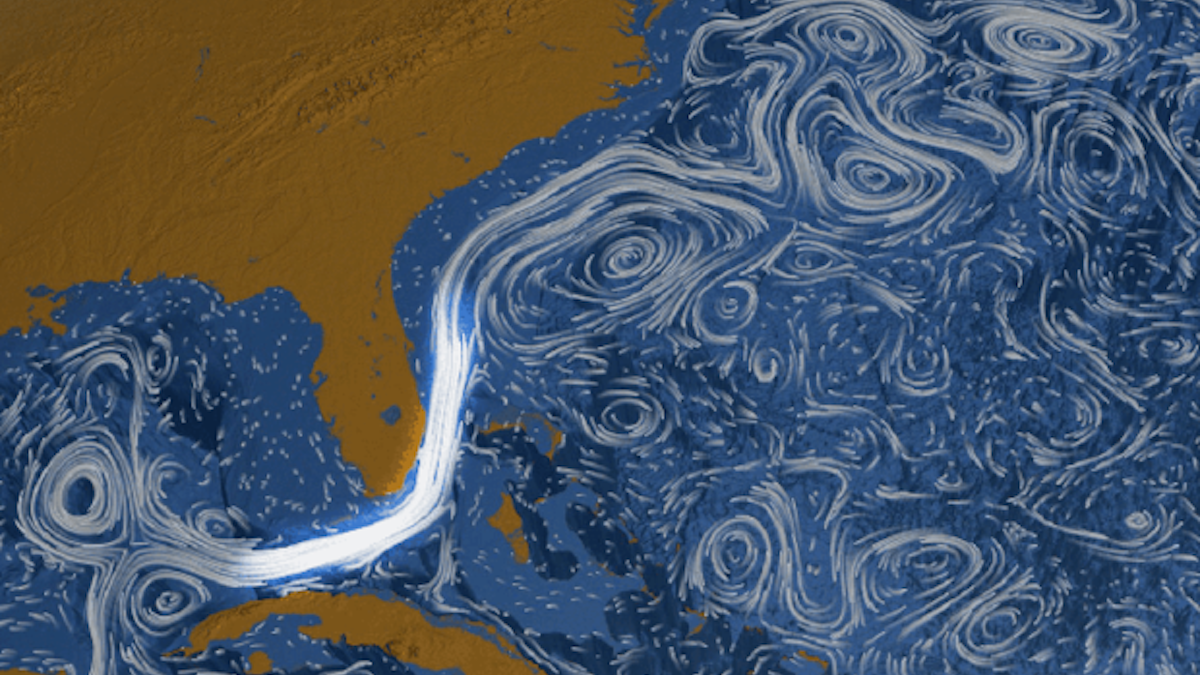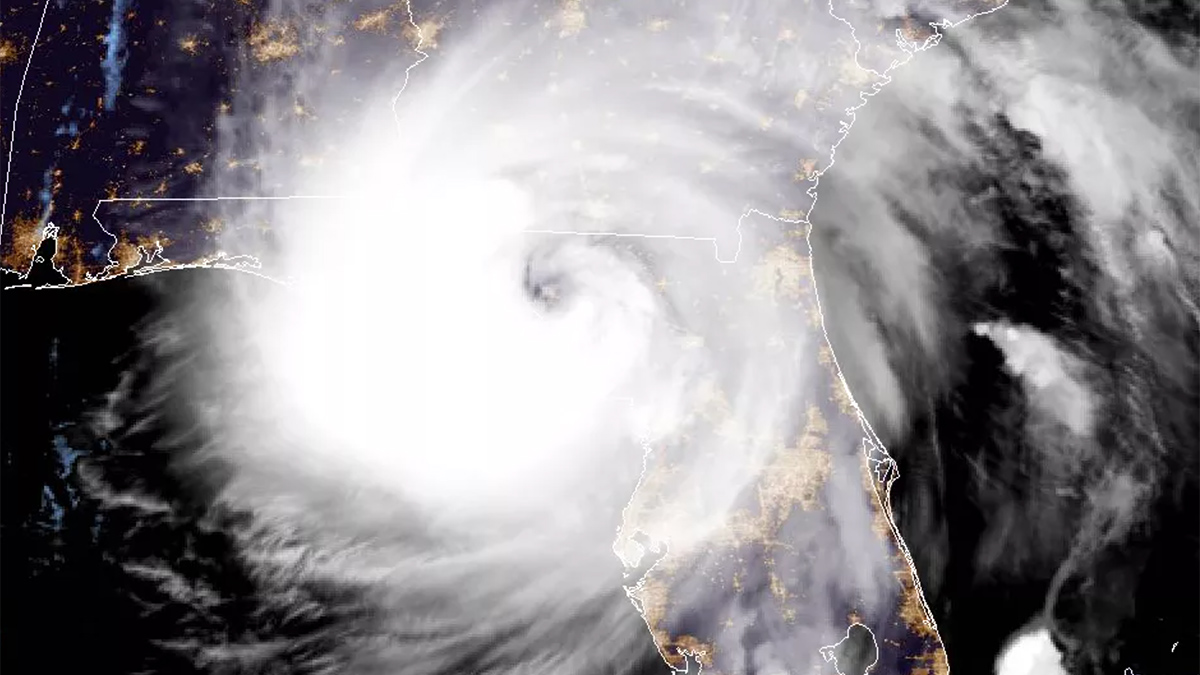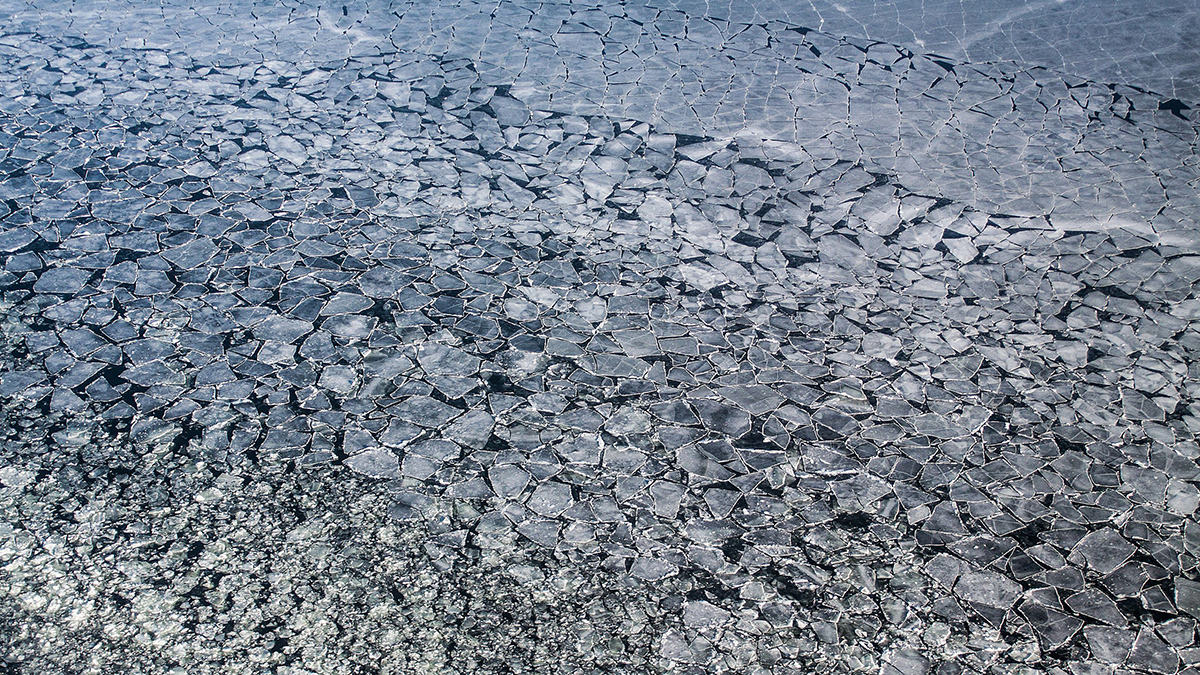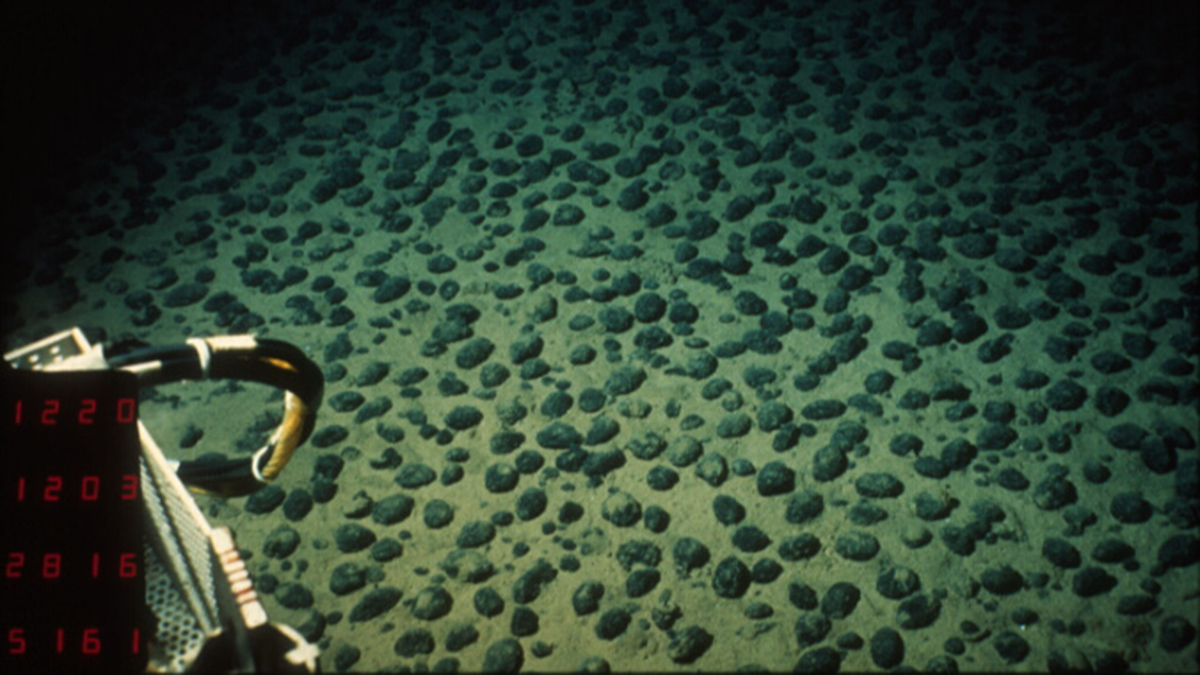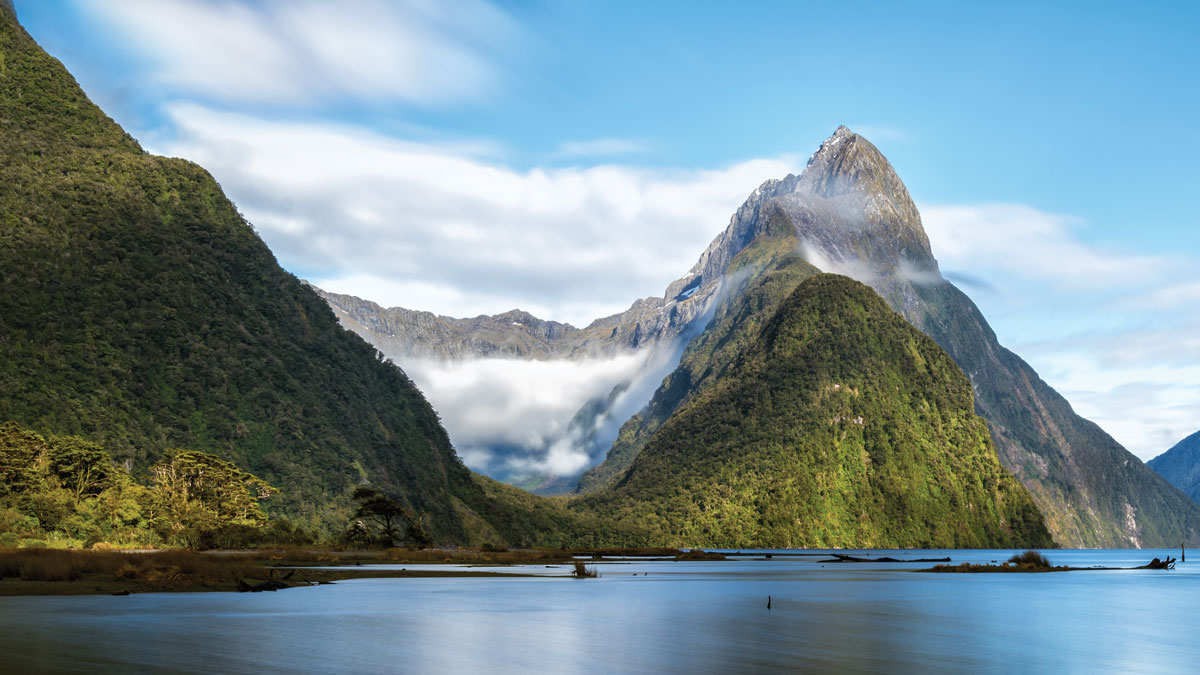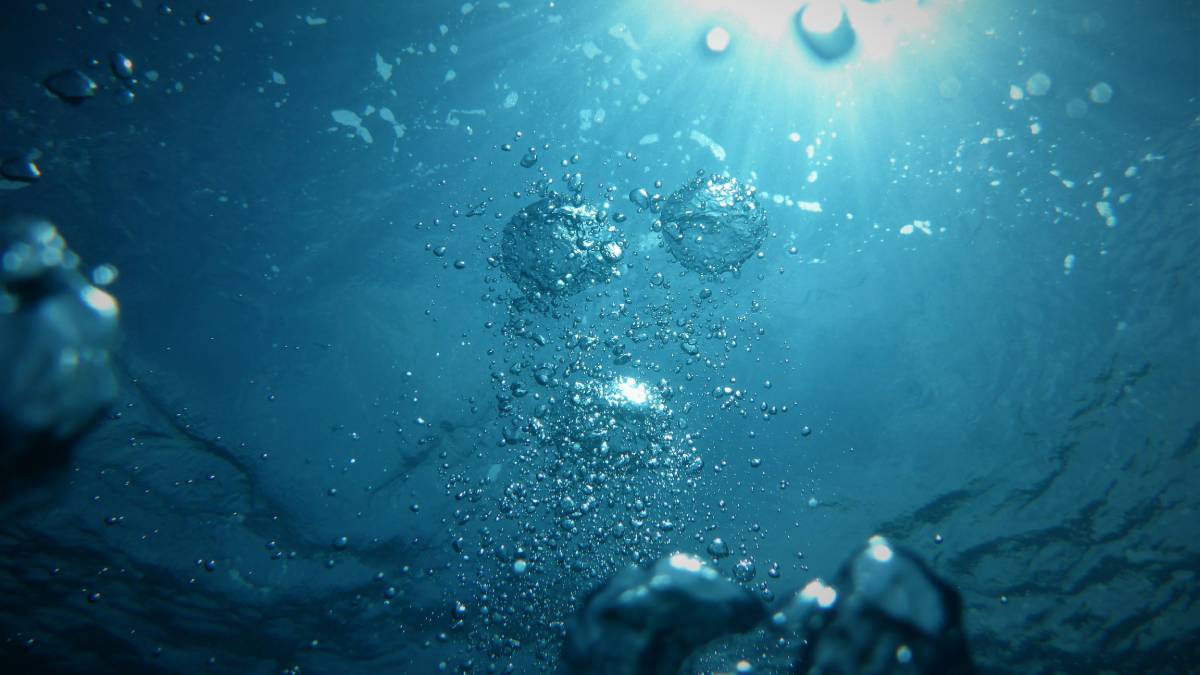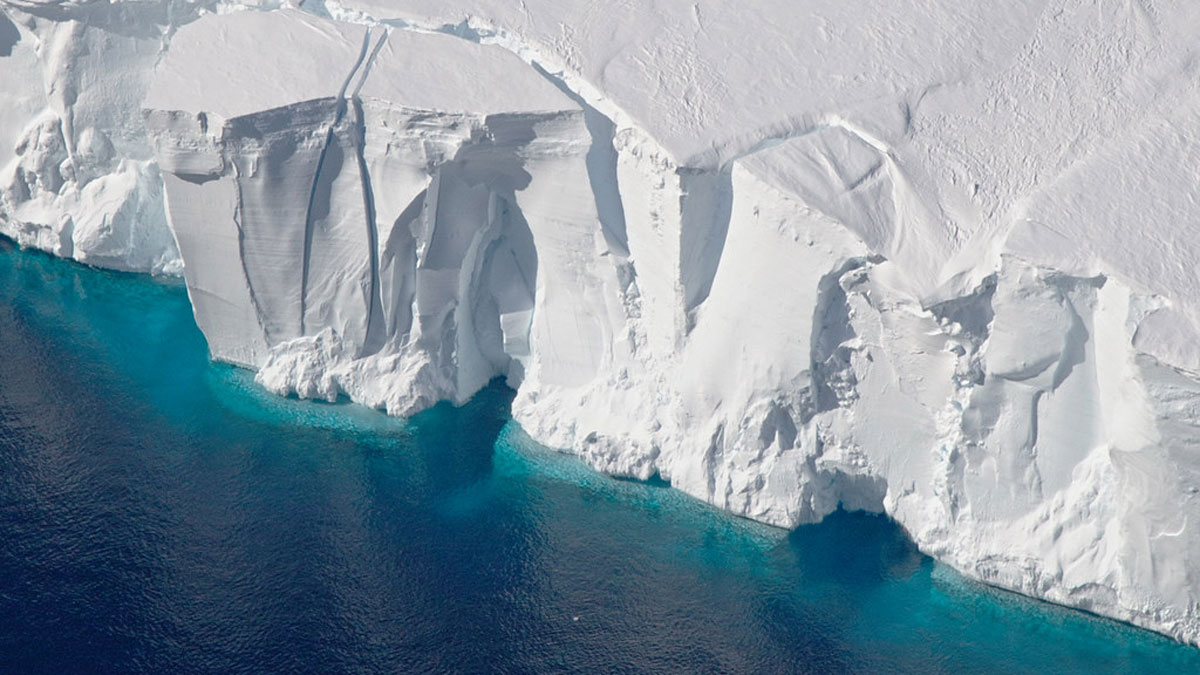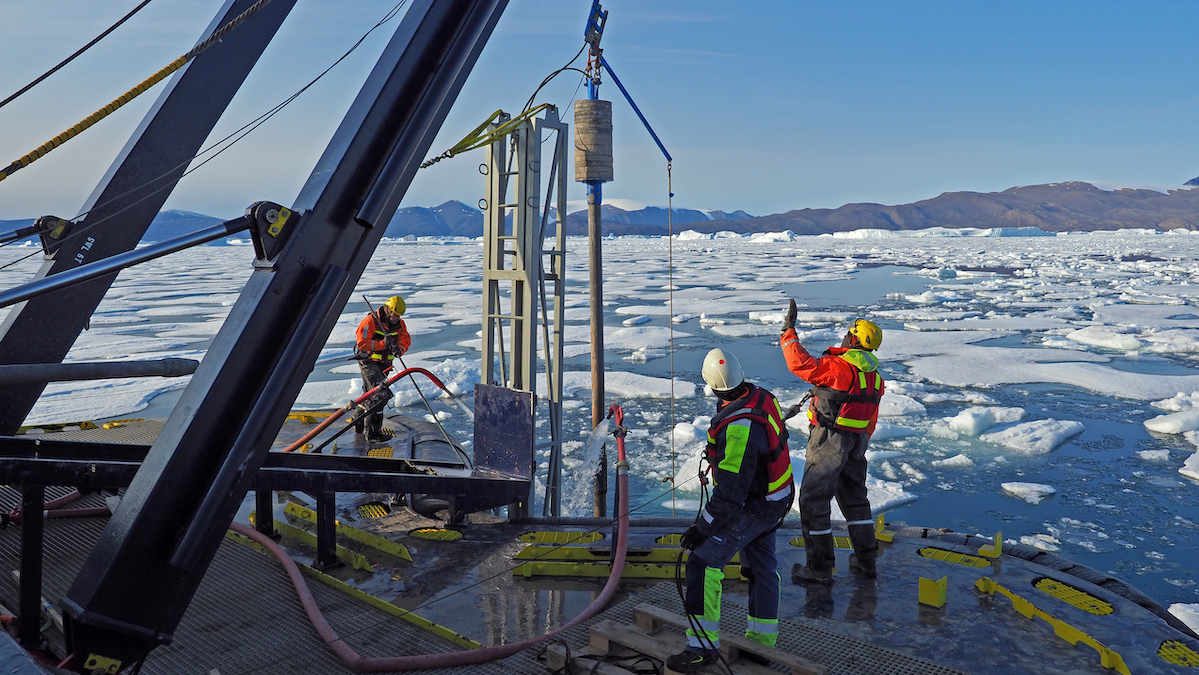A needed correction to a widely used data set reduced scientists’ estimates of how ocean circulation has weakened.
Oceans
Marine Heat Waves Make Tropical Storm Intensification More Likely
Rapid intensification of hurricanes is 50% more likely to occur during marine heat waves in the Gulf of Mexico and northwestern Caribbean Sea.
Heat Moves More Freely Through Warmer Sea Ice Than Scientists Thought
Flowing brines transport heat more effectively than old models showed, potentially changing climate simulations.
The Unexpected Role of Magnetic Microbes in Deep-Sea Mining
A new study highlights the co-occurrence of magnetic bacteria and polymetallic nodules and may offer insights into how the mineral-rich nodules form on the ocean floor.
Earth’s Eighth Continent
Our October issue digs deep into the rich Earth science in and around Aotearoa New Zealand.
Model Suggests Undersea Mountains Help Mix the Global Ocean
Seamounts may play a significant role in ocean turbulence and the upwelling of deep waters.
Phytoplankton Shield Ice Shelves from Summer Heat
Spring blooms shade Antarctic ice shelves, causing them to melt 7% more slowly than they would if they were surrounded by clear, bloomless waters.
Lower Shipping Emissions May Lead to Higher Global Temperatures
Regulations designed to reduce sulfur dioxide emissions from the maritime shipping industry are linked to a change in cloud structure that raises atmospheric temperatures.
Swedish Icebreaker Is the First to Dig Into Greenland’s Remote Victoria Fjord
Data collected aboard Oden will shed light on the dynamics of the Greenland Ice Sheet.
An All-Community Push to “Close the Loops” on Southern Ocean Dynamics
A new study highlights the connected nature of the Southern Ocean dynamic system, the research priorities needed to understand its influence on climate change, the importance of cross-disciplinary collaborations.

